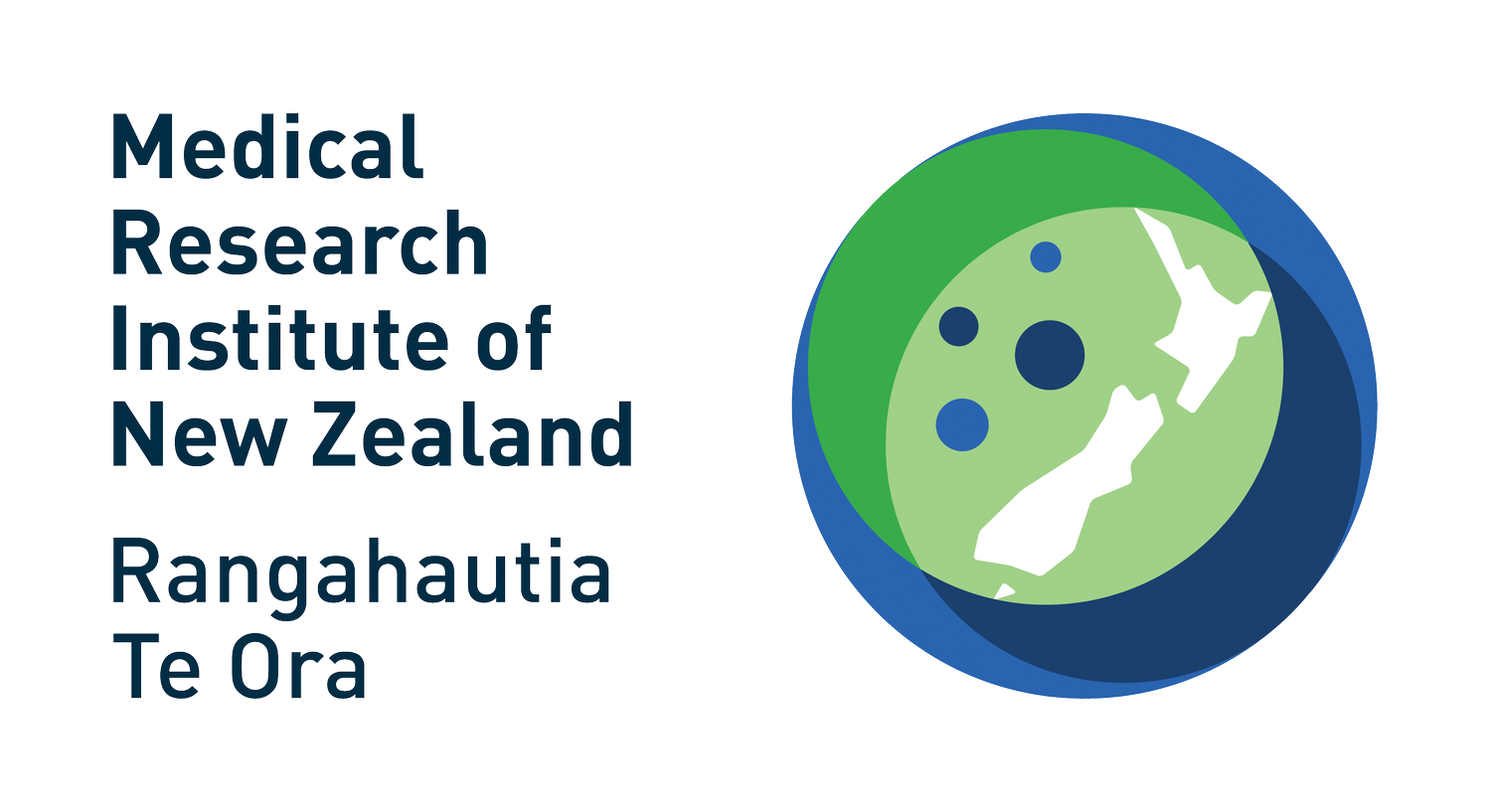MRINZ Leads Te Niwha-Funded Research to Empower Pharmacists in Combating Infectious Diseases
The Medical Research Institute of New Zealand (MRINZ) is leading innovative research funded by Te Niwha, an Infectious Diseases Research Platform that supports Māori-led health research aimed at improving health outcomes for Māori communities. MRINZ and Te Niwha are collaborating to harness the national reach and expertise of pharmacists, making them pivotal in the ongoing fight against infectious diseases.
Two key projects are at the forefront of this initiative. Conducted through MRINZ’s Pharmacy Research Network (PRN), which includes over 100 pharmacies across New Zealand, these studies are set to reshape how we manage and respond to public health challenges.
The first project, conducted in collaboration with the Crown Research Institute of Environmental Science and Research Limited (ESR), examines how pharmacies can strengthen existing national surveillance systems, traditionally overseen by general practices and hospitals, to track circulating viruses. This research, co-led by MRINZ’s head pharmacist Kyley Kerse and MRINZ Deputy Director Alex Semprini, is exploring the feasibility of pharmacies nationwide collecting nasopharyngeal swabs to enhance the surveillance of respiratory viruses.
“Patients frequently visit pharmacies to manage cold and flu symptoms, presenting an opportunity to gather surveillance data from individuals who might not require GP or hospital care,” says Ms Kerse. “By integrating pharmacies into the existing Influenza-like Illness (ILI) surveillance programme, we can expand the demographic scope and improve early detection and response to circulating viruses. This data could also contribute valuable insights to the seasonal influenza vaccine development.”
The second project, led by MRINZ research fellow Dr Gabby Shortt, is a randomised controlled trial—the gold standard in research—investigating whether the immune response and side effects of the COVID-19 vaccine vary depending on whether it is administered into the deltoid muscle or subcutaneous tissue.
Dr Shortt explains, “COVID-19 vaccines are currently registered for intramuscular injection, typically into the deltoid muscle. However, our research has shown that the standard 25mm needle may not reach the deltoid muscle in a significant number of adults with obesity, who are at higher risk for severe COVID-19 illness.”
This study compares the use of a 38mm needle versus a 13mm needle in vaccine administration, aiming to provide robust evidence that could influence vaccination practices nationwide. With pharmacists delivering a large portion of COVID-19 vaccines, the PRN is crucial for accessing a wide and diverse population for this research.
Dr Lucia Schweitzer, Te Niwha Pou Rangahau Research Engagement Manager, says the community pharmacy-related research projects are good examples of the robust and cutting-edge science done by Te Niwha-funded researchers in service of the community.
In addition to these pharmacy-focused studies, MRINZ is also funded by Te Niwha to develop new treatments for seasonal influenza and other serious respiratory diseases through an international network that includes patients hospitalised with severe illness.
As these projects progress, they hold the potential to significantly impact public health practices in New Zealand and beyond, further establishing community pharmacies as essential contributors to the nation’s health infrastructure.
https://www.teniwha.com/news/te-niwha-research-investigates-greater-use-of-community-pharmacies-to-boost-infectious-diseases-surveillance-and-vaccination-effectiveness

